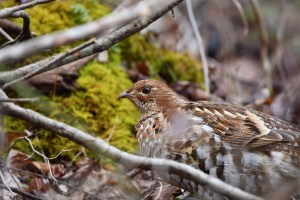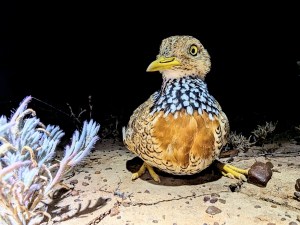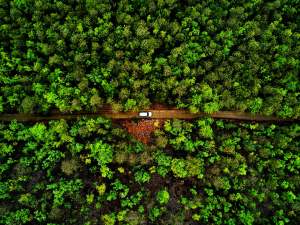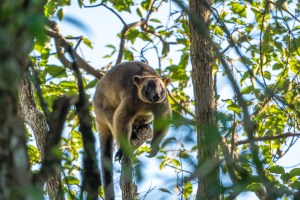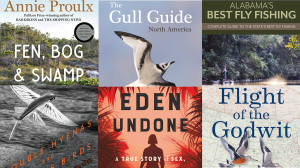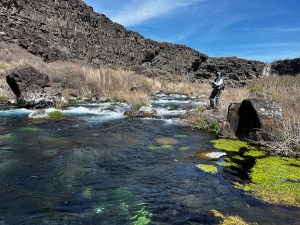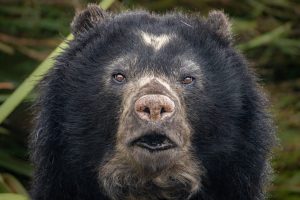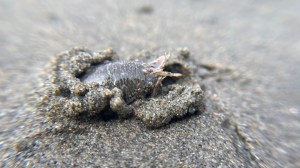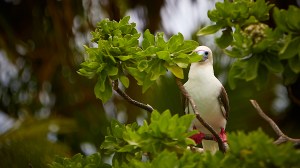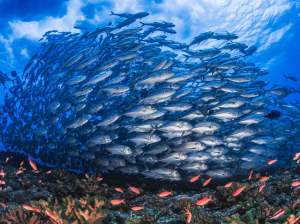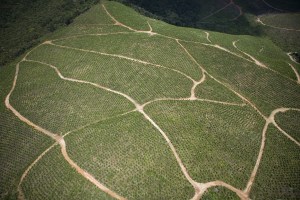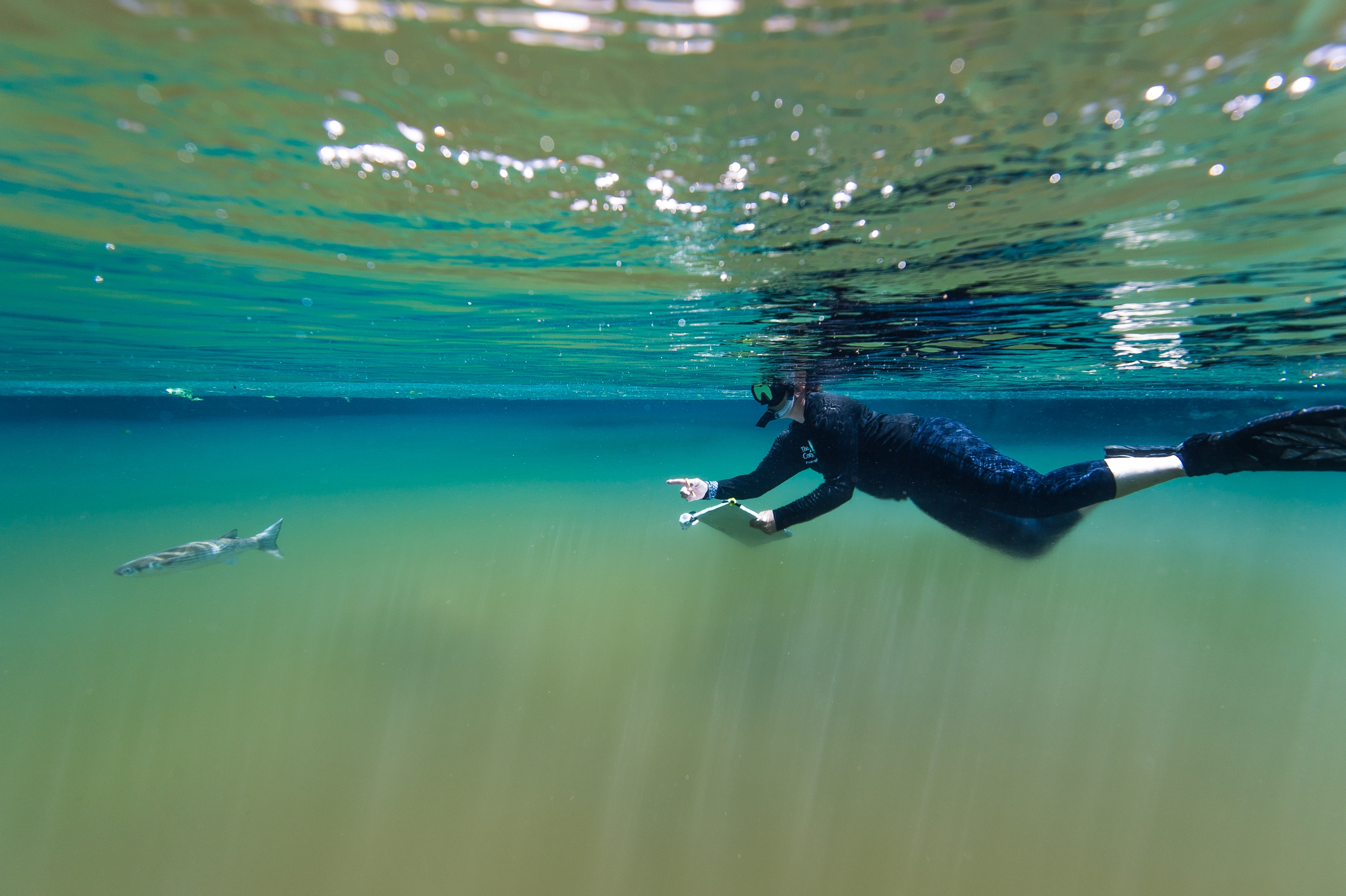
Conservation Science
Protecting nature is what we do. Science shows us how. We tell the stories behind Nature Conservancy science — from the field to the research lab, and everywhere in between.
From the Field
We get our boots dirty. Join us as we cover science in action, from stormwater drains to the Indonesian rainforest..

A Partnership for a Healthier Appalachian Forest
Restoring a healthy Appalachian forest has many benefits, for wildlife and local communities.
Protecting the Plains-wanderer, Australia’s Odd Inland Shorebird
Grazing lands can help protect one of the most unique — and endangered — birds in the world: the Australian plains-wanderer.
California Quail: Encounters with a Suburban Gamebird
Many bird species are declining, but the California quail is thriving in farm fields and suburbia of the western United States. Here’s a look at the life and times of this charismatic bird.
Young Forests Are an Overlooked Climate Solution
New research by TNC scientists provides the first detailed picture of the carbon removal value of naturally regrowing forests
Meet the Kangaroos That Live in Trees
Tree-kangaroos are one of the world’s most bizarre and fascinating mammals.
Cool Green Summer Book Review 2025
Whether you bird or fish or love the beach or just love a good story, our summer book review has something you’ll love.
Science for Strategy
Science is strategy. Learn from 600 scientists & our partners researching the best way to protect nature.

Sun on the Water: How to Plan for a Renewable Energy Future That Floats
The expansion of floating photovoltaics could provide renewable energy while also sparing land. But there are still many unknowns.
Exploring Idaho’s Thousand Springs Region
Crystal clear springs in southern Idaho, a legacy of Nature Conservancy protection efforts, are home to endemic species and offer outstanding recreational opportunities.
Meet the Spectacled Bear: South America’s Only Bear
South America’s only bear species is under threat from habitat loss, fragmentation, and hunting. Scientists are working hard to study—and protect—this remarkable species.
The Overlooked Biodiversity of Appalachian Caves
The cave habitats of Tennessee and Kentucky have species that most will never see. Here are some of the unusual creatures found there.
Meet the Mole Crab, a Common and Surprising Beach Creature
Get up close with a fascinating crustacean you can find (and catch) on your next trip to the beach.
Minimizing Tradeoffs Between Crop Yields and Climate Benefits
Research pinpoints where regenerative agriculture practices can have the most benefits for climate change mitigation and crop production.
Science Brief
Your hub for the latest peer-reviewed research powering conservation action.
Archives
One Size Does Not Fit All for Sustainable Livestock Production
Understanding economic, environmental, and social and cultural contexts is essential to achieving sustainable livestock production.
Coconut Palms Dominate Over Half of Pacific Atoll Forests
First study of its kind shows that decades of coconut palm agriculture have led to deforestation on over 80 percent of Pacific atolls, and coconut palms now cover more than half of the atolls’ forested areas.
Fish Aggregating Devices Could Enhance the Effectiveness of Blue Water Marine Protected Areas
Research from TNC’s Palmyra Atoll suggests fish aggregating devices could increase the time mobile species spend within blue water MPAs.
Mapping Global Land Conversion to Support Conservation Planning
A new map identifying land conversion pressures helps identify where conservation interventions are most urgent.
A Roadmap for Reducing the Climate Impacts of U.S. Beef
Adoption of selected actions, especially around grazing, could reduce greenhouse gas emissions from the U.S. beef industry by up to 30%.
To Save Pacific Turtles, Focus on Small-Scale Fisheries
Small-scale fisheries cause significantly greater mortality to Solomon Islands turtles than longliners.
